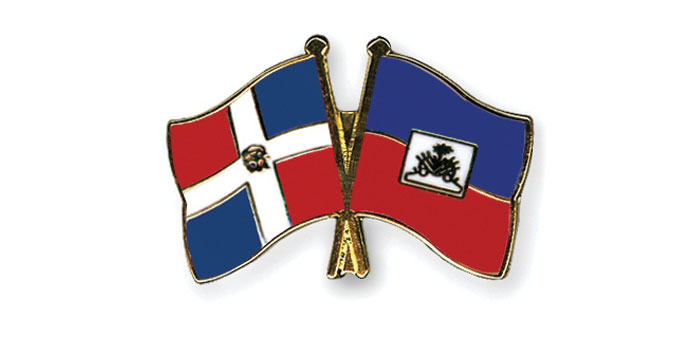Guardian News and Media/Port-au-Prince
The Dominican Republic must halt the arbitrary deportation of Dominicans of Haitian descent while it sorts out the legal and constitutional mess that has left tens of thousands of them in a legal limbo, Human Rights Watch (HRW) has warned.
In a new report , HRW says that Dominicans of Haitian descent are being denied basic rights and are unable to register the births of their children, enrol at school or college, work in the formal economy or travel around the country without fear of being expelled.
The report, based on interviews with more than 100 affected people, community leaders, legal experts, government officials and human rights activists, documents more than 60 cases in which Dominicans of Haitian descent were detained and, in some instances, forcibly removed from the country despite having the correct documentation.
“The Dominican Republic is denying tens of thousands of citizens their right to a nationality, and despite mixed messages, people are being detained and shoved over the border,” said Jose Miguel Vivanco , Americas director at Human Rights Watch.
“The government needs to immediately stop expelling Dominicans of Haitian descent, and guarantee them their rights.”
Two years ago, the Dominican constitutional court used a retroactive reinterpretation of the country’s law to strip thousands of Dominicans of Haitian descent of their citizenship. It ruled that while anyone born in the Dominican Republic between 1929 and 2010 was entitled to citizenship, those born to parents who were in the country as undocumented migrants were not.
Previously, all children born on Dominican soil, except those considered to be in transit, such as the children of foreign diplomats, were granted citizenship. This included hundreds of thousands of children born to immigrants, once their birth was registered.
The 2013 ruling stirred an international outcry and prompted the government of President Danilo Medina to introduce a naturalisation law and allow those whose birth was never registered in the Dominican Republic to apply for residency permits as foreigners. After two years, they can apply for naturalisation.
However, only about 300 of the 250,000 Dominican Haitians who applied for permits had received them by the time the application period elapsed last month, and as many as 500,000 undocumented people living in the Dominican Republic now face potential deportation.
According to HRW, those caught in legal limbo are being thwarted by labyrinthine bureaucracy that is perverse at best and fiercely discriminatory at worst.
It says Dominicans of Haitian descent whose citizenship was already recorded with the government are being denied their original nationality documents while new civil registries are compiled. The report also says Dominicans who have not yet been able to register with the government - mostly children - are having their rights violated by being forced to register as “foreigners”.
Even before the controversial constitutional ruling in 2013, the government had introduced a migration law in 2004 that expanded the definition of “in transit” to include the children of immigrant citizens without documentation. That distinction was formalised when a new constitution was passed in 2010.

